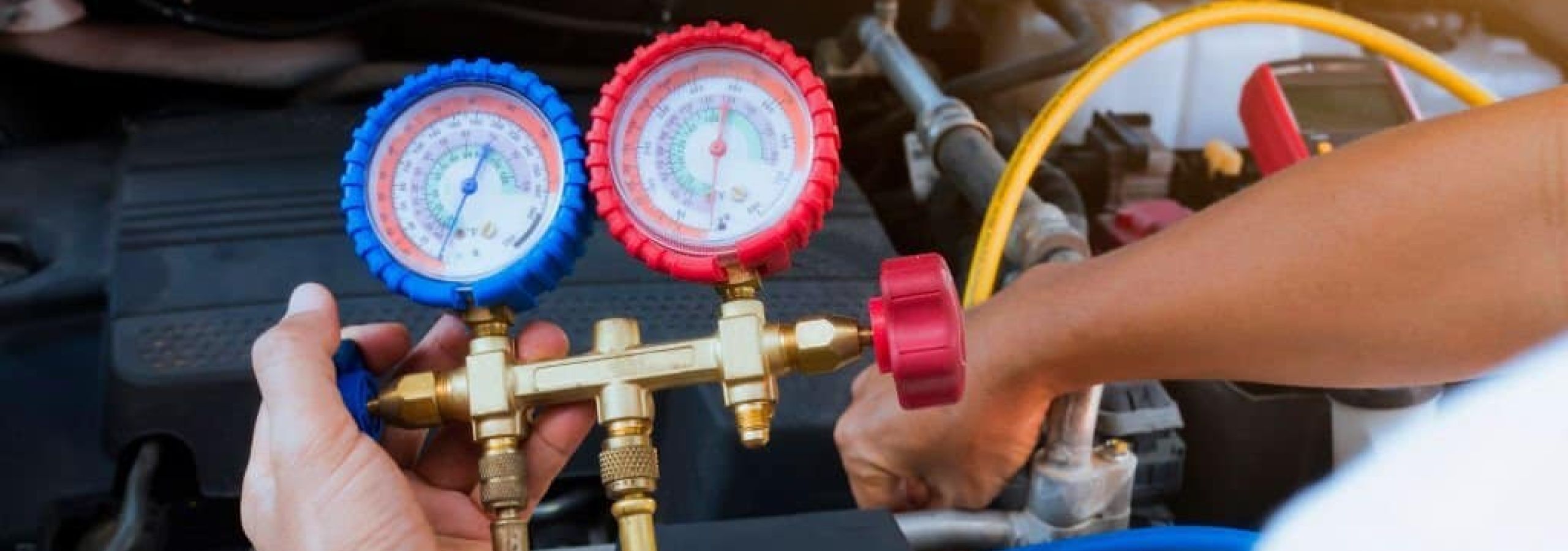
The Ultimate Guide to Troubleshooting Your Car AC Compressor
The car AC compressor is an essential component that pressurizes and circulates refrigerant to cool the cabin. However, like any other mechanical device, it can malfunction and cause issues. Troubleshooting your car’s AC compressor can help you identify and fix the problem before it becomes more serious. In this blog, we will provide you with an ultimate guide to troubleshooting your car AC compressor.
Check the air filter: A clogged air filter can cause reduced airflow and put extra pressure on the AC compressor. If you notice that the airflow is weak or the AC system is not cooling properly, it’s time to check the air filter. Replace the air filter if it’s dirty or clogged.
Check the refrigerant level: Low refrigerant level can cause the AC compressor to overwork and lead to reduced cooling performance. You can check the refrigerant level using a gauge or take your car to a professional mechanic for a refrigerant recharge.
Check the AC compressor belt: The AC compressor belt drives the compressor and can become worn out or loose over time. Check the belt for cracks, frays, or tension. Replace the belt if it’s damaged or loose.
Check the AC compressor clutch: The AC compressor clutch engages and disengages the compressor as needed. If the clutch is damaged or worn out, it can cause the compressor to stay engaged or disengaged, leading to reduced cooling performance. Check the clutch for wear and replace it if needed.
Check for leaks: Leaks in the AC system can cause reduced cooling performance and damage the compressor. Check the AC system for leaks using a leak detection kit or take your car to a professional mechanic for a thorough inspection.
Check the electrical system: The AC compressor relies on the car’s electrical system to function properly. Check the electrical connections, fuses, and relays for damage or corrosion. Replace any damaged components to ensure the AC compressor receives proper electrical power.
Check the temperature sensor: The temperature sensor measures the temperature of the refrigerant and controls the compressor’s operation. If the sensor is faulty, it can cause the compressor to overwork or shut down. Check the sensor for damage or replace it if it’s not functioning properly.
In conclusion, troubleshooting your car’s AC compressor is essential to ensure optimal cooling performance and prevent further damage. By following these steps, you can identify and fix common AC compressor issues. However, if you’re unsure about how to troubleshoot your car’s AC compressor, it’s best to take your car to a professional mechanic for a thorough inspection and repair. With proper maintenance and care, your car’s AC system will keep you cool and comfortable on even the hottest days.